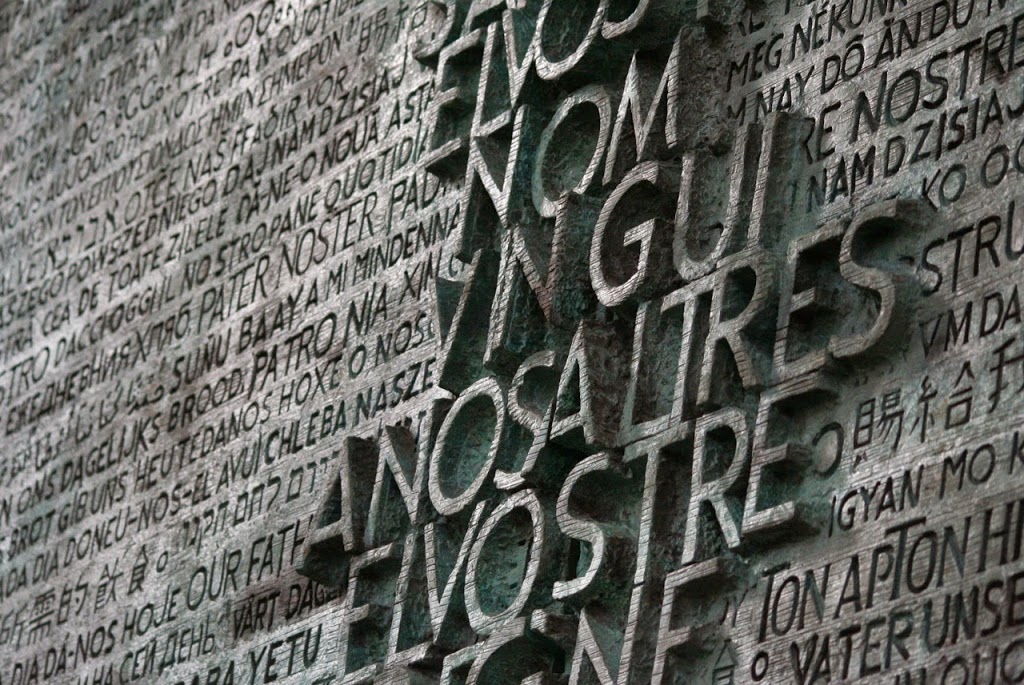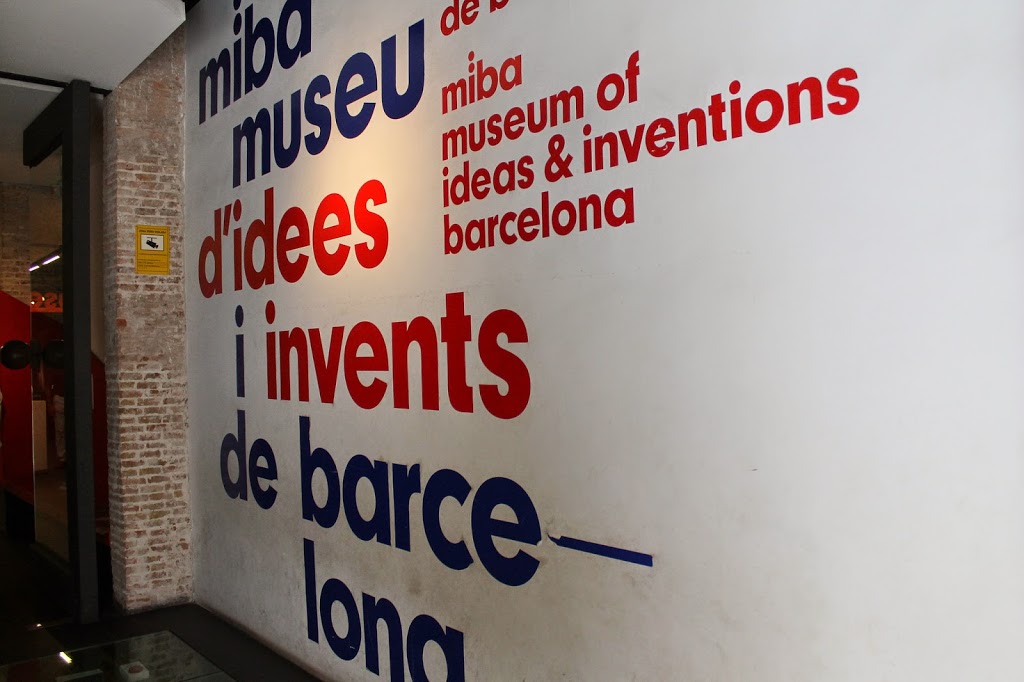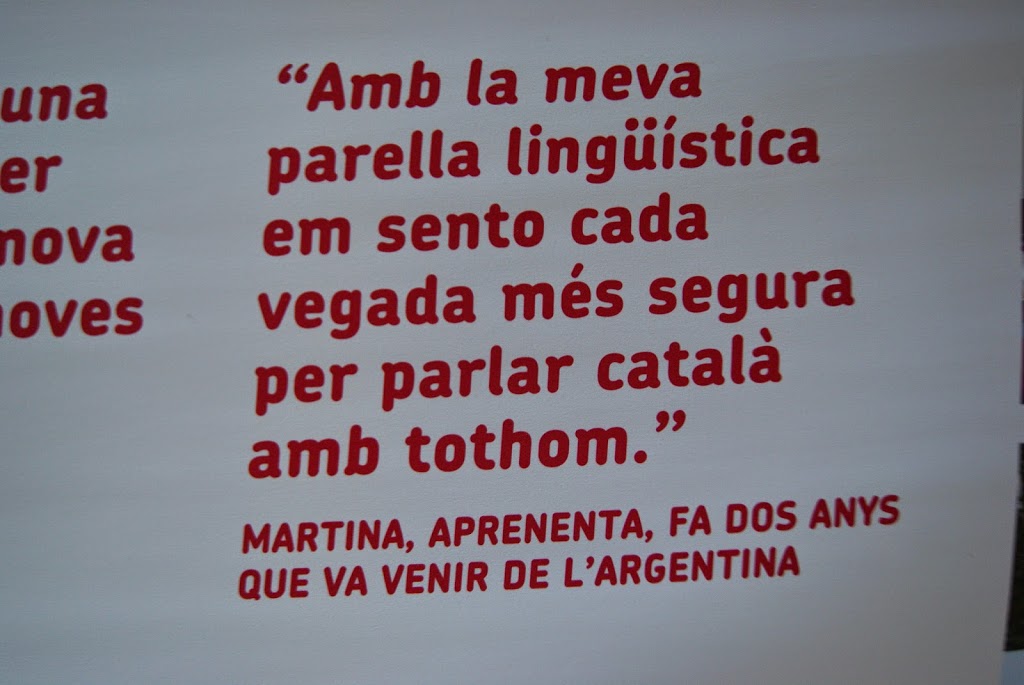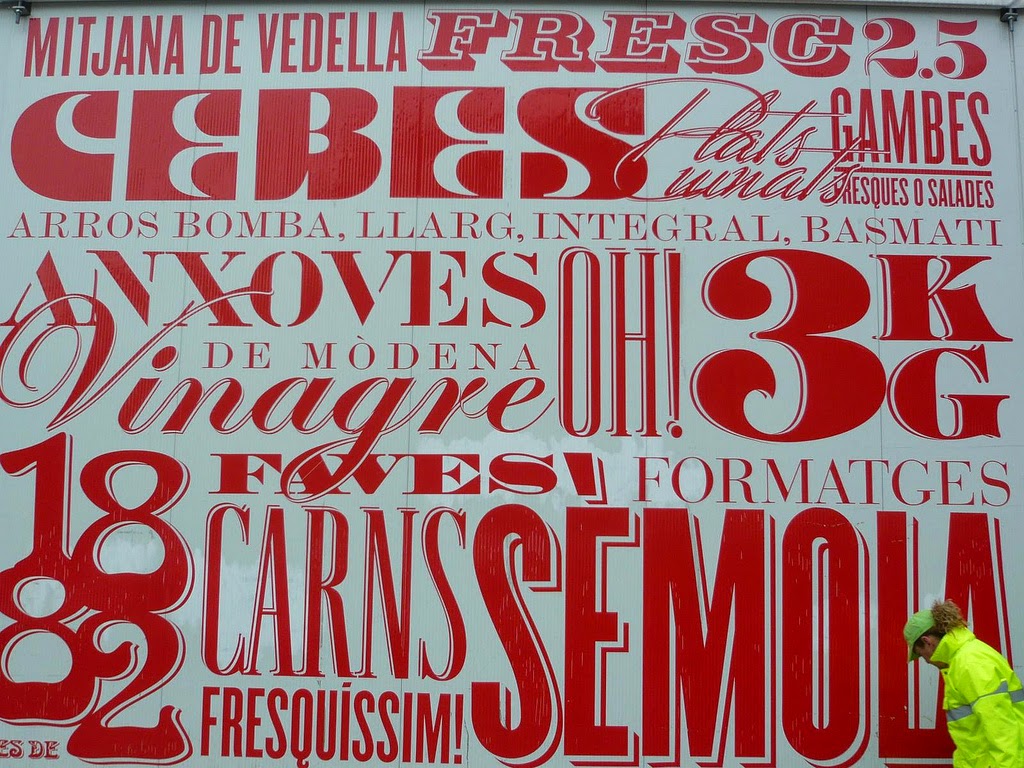Parles Català?
The Catalan language has long-confounded armchair linguists and Barcelona travelers for its uniqueness and cultural significance.
Barcelona is the epicenter of the Catalán language for many reasons — the city is the capital of Catalonia and the most famous architectural and art works in the were created by the hands of Catalán-speaking artists.
In fact, famous architect Antoni Gaudí was so proud of his native tongue, the Catalan language, that when the king of Spain came to visit the Sagrada Família construction site, Gaudí refused to speak Spanish to the potentate.
The Catalan Language: Is It Really Different Than Spanish?
Is The Catalan Language A Dialect or a Real Language?
Don’t ever make the mistake of thinking it’s not — the Catalan language is the vanguard of Catalan culture and vice versa.
The Catalan Language: Romance!
The BBC has a succinct description of the Catalan language in their website’s “Languages Across Europe” section.Catalan is considered a modern romance language, a fact which makes sense to the ear because there are times when Catalan sounds more like French and Italian than like Spanish. The language is similar to Provenance, the tongue spoken in Southern France, and can be dated back to the 9th century.
According to the BBC, there are more than 10 million people who live in Catalonia and about half of them speak Catalan as their first language. Another 3 million people speak the language as a second or third language, while 2 million can understand it but can’t speak it.
The Catalan Language: The People’s Choice!
It is a significant fact that so many people in Catalonia speak Catalan. In other autonomous regions of Spain like Galicia and the Basque Country, half or less than half of the people speak the regional language.
Catalonia’s commitment to speaking, reading and writing Catalan can be traced to the regions tumultuous history.
On at least two occasions — Philip V´s reign in the late 1700’s and Francisco Franco’s reign in the 1900’s — the Catalan language was outlawed. Speaking Catalan, therefore, has been for many years an affirmation of the culture’s identity as well as a point of rebellion and pride.
Catalan is taught in public schools throughout Barcelona, street signs are in Catalan, nearly every restaurant in the city has Catalan menus and public television has several Catalan stations.
The Catalan Language: Helpful Phrases*
“Sisplau” – Please.
*Even using these simple phrases will win points with Catalan speakers in Barcelona, as most tourists fumble their way through Spanish and, in most cases, don’t know any words in Catalan.
Catalan museum photo credit: Connie Ma, Flickr Creative Commons










